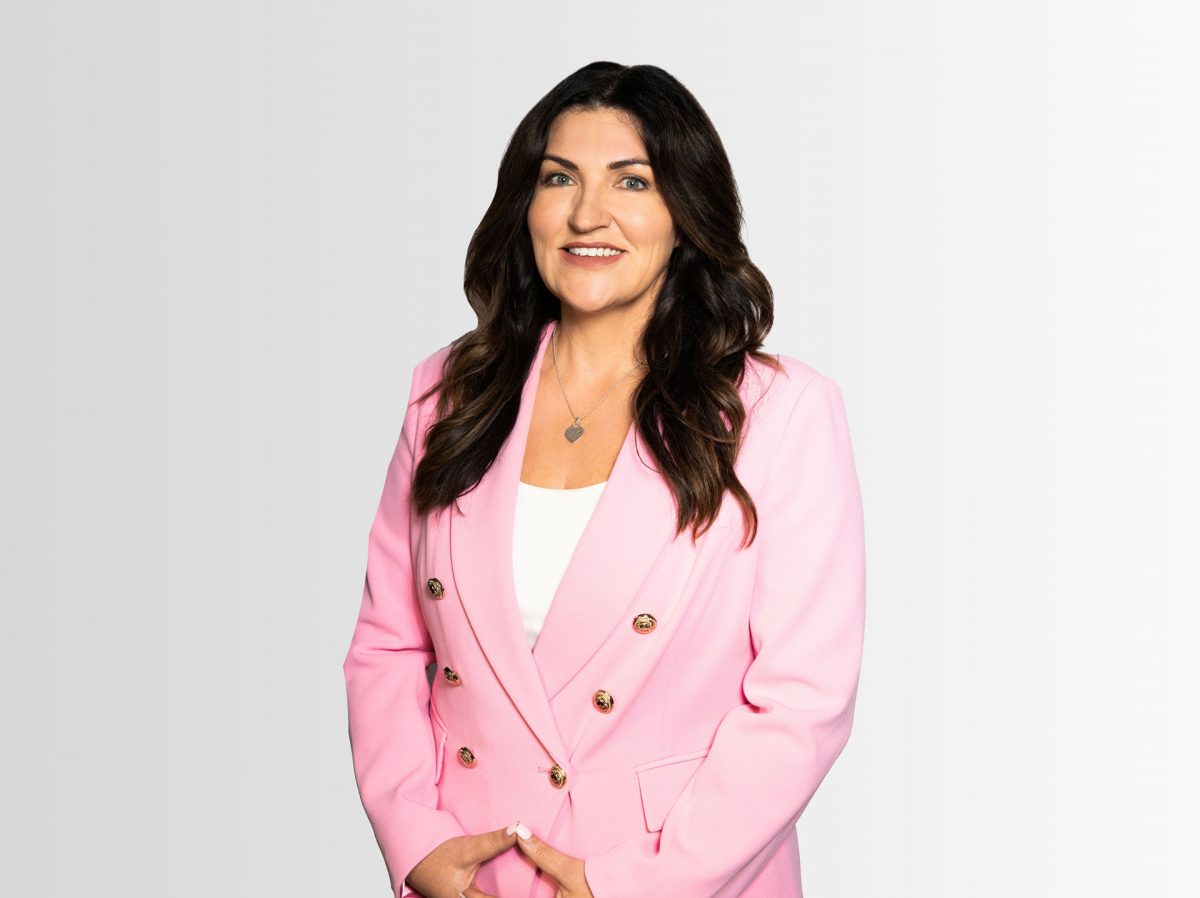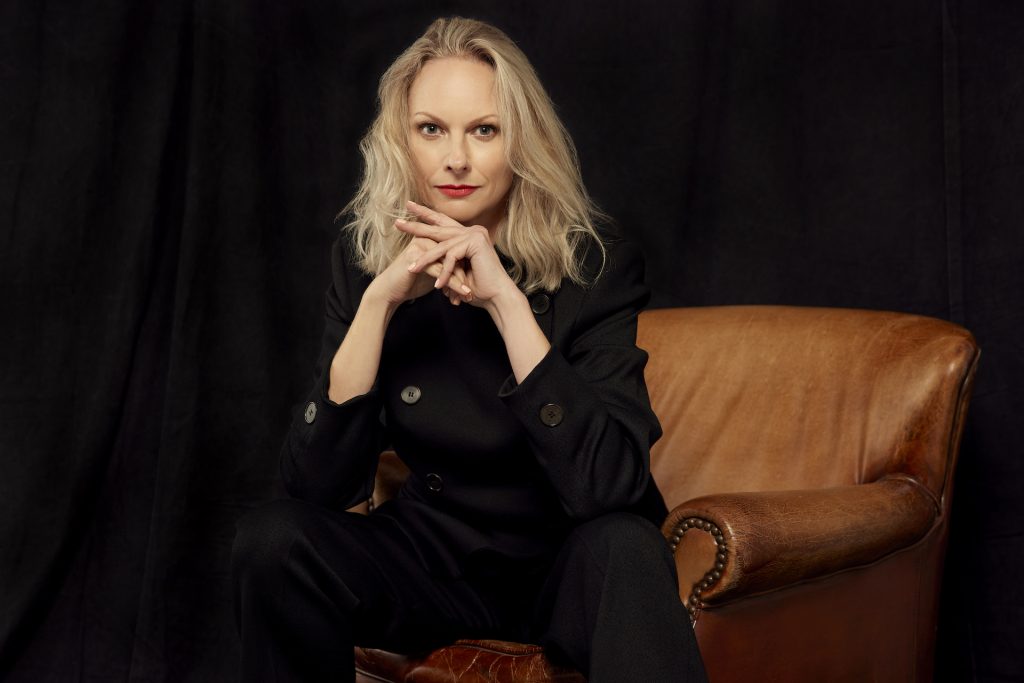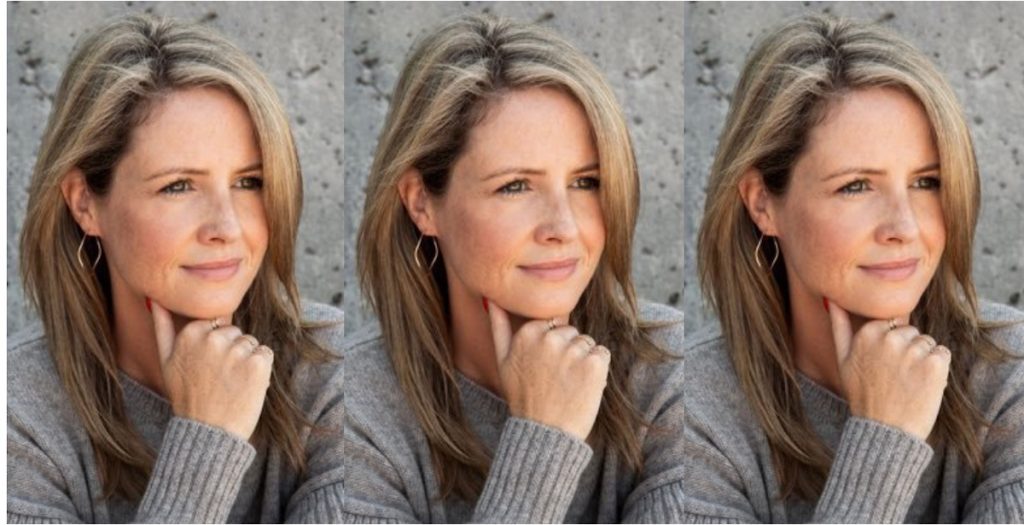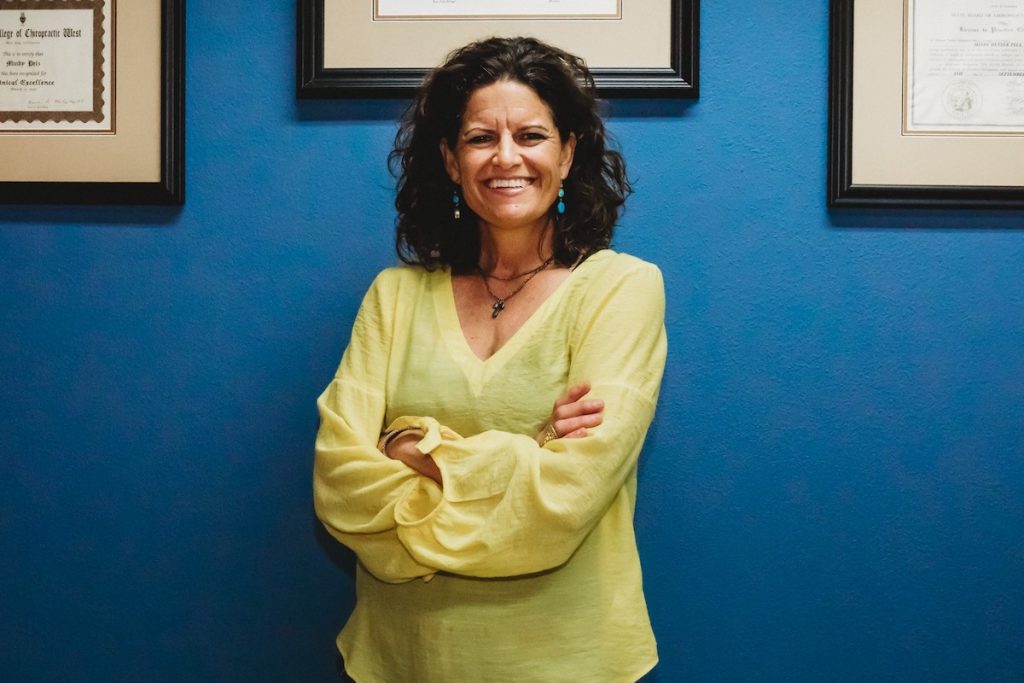No, Kelly is a curveball because she’s the kind of person who leaves your mind racing, your eyes bright and your heart full. The kind of person who reminds you how great it is when people are generous with their time and advice; when they’re interested and interesting. All qualities that are definitely rarer than they should be.
She’s a far cry, if you’ll pardon the pun, from the shy and introverted little girl who spent her primary school years viewing life through tear-filled eyes. “I remember walking into the classroom on my very first day and it being really foggy because of all the tears in my eyes,” laughs Kelly. “My parents were dressed up – my mum looked beautiful and my dad wore a suit – and I knew it was a very important day, but I just felt so overwhelmed. To be completely honest, I don’t have very fond memories of that early part of school because I was so distressed all the time. I think I cried nearly every day until fifth class.”
“I quickly realised I was intrinsically MOTIVATED to work and it was going to be a BIG part of my LIFE.”
It really wasn’t until Kelly started work – “I hounded the lady at our local Woolworths for a part-time job” – that she found something she truly loved. “Work felt like the first thing I was really good at. I mean, I did well at school and I was okay at sport, but once I started working I absolutely loved it. I quickly realised I was intrinsically motivated to work and it was going to be a big part of my life. I took every shift, I put every ounce of energy and effort into it and I was rewarded very quickly.”
Kelly’s rewards weren’t just monetary. She was swiftly promoted to weekend manager by age 17, and even went part-time at university so she could dedicate her days to her job. Kelly continued to rise through the ranks, before finding herself at the top of Woolworths’ Injury Management division – a role she found immensely satisfying. Then, after many years with the company, she began to consider her long-term future and what that actually looked like.
Kelly’s growing frustration with the corporate environment and her dream to create an “employment utopia” led her to eventually resign from her role after 13 years. She began life as an entrepreneur. “I thought, wouldn’t it be fabulous if I could create an organisation where I could do work that I loved with people who had the same mindset as me, have flexibility and be financially rewarded?”
Enter Recovery Partners, which began, like many businesses do, on its founder’s dining room table. “It all started in my little flat in Coogee in 2004. And I’d say, for the first five years, I put every ounce of energy and every dollar I had into the business,” Kelly admits. “It was a major adjustment in so many ways. Not only was everything now my responsibility – from fixing the internet to going to the post office – but I’d say those first 12 months were especially lonely, a feeling I didn’t quite anticipate. Thankfully though, the company went from strength to strength. By about the third or fourth year, it started to take off and just snowballed from there.”
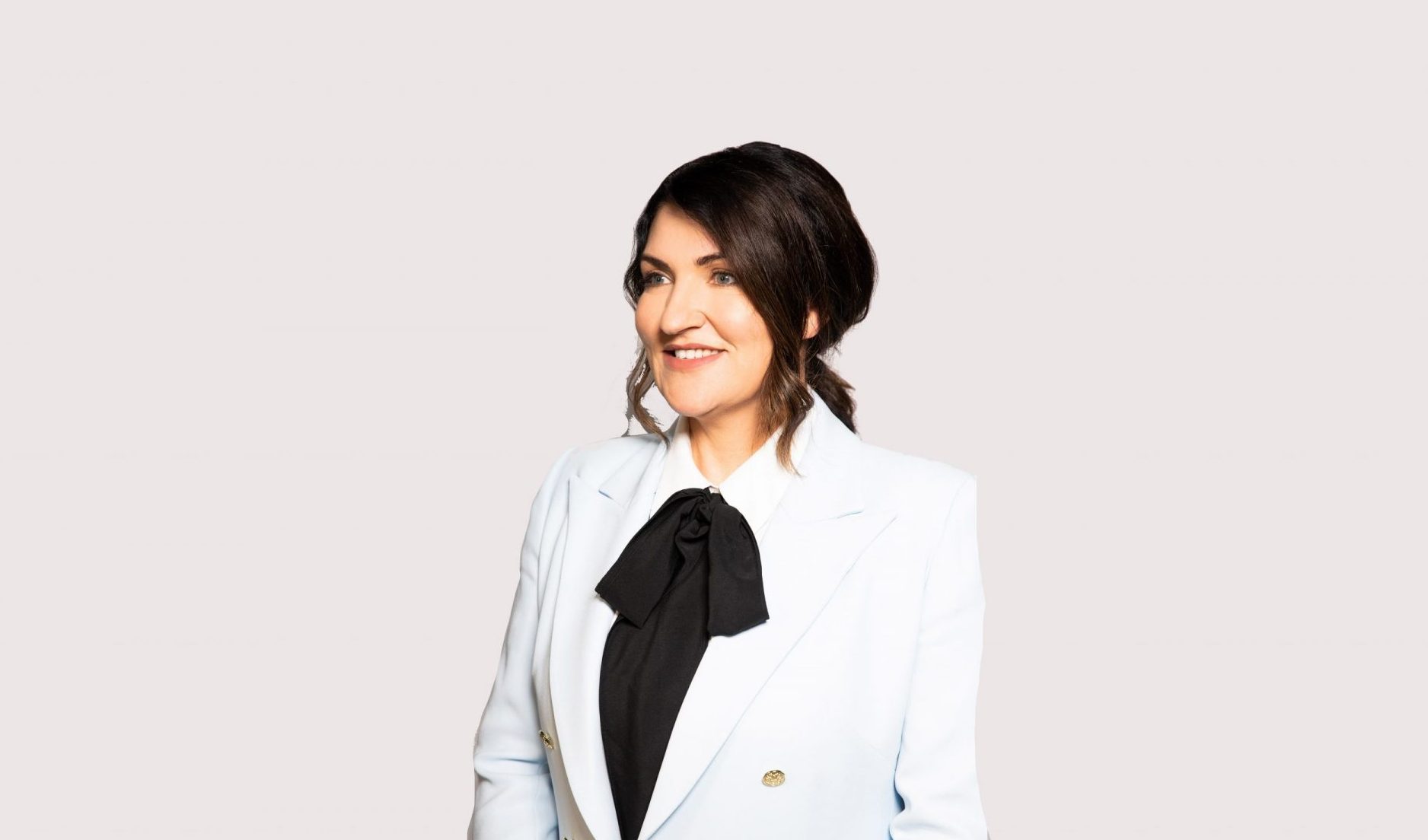
Created with a clear objective to reduce the human and financial costs of worker injuries and illnesses, Recovery Partners would not be an overnight success so much as a slow-burner. But by continually choosing people over profit, it became the purpose-driven company that it is today. It now has 16 offices around the country and was ranked #8 in the Great Place to Work (under 100 category 2020).
That must be such a sense of achievement; to create an idea of ‘employment utopia’, build it, and then be acknowledged for it? “Absolutely,” Kelly says. “It was such a proud moment, not just for me, but for our People and Culture team, and our leaders. We have put a lot of effort into creating a good culture here, and we believe it actually starts at the very beginning – the recruitment stage. Potential employees get a real sense of who we are as a company before they join. I always encourage them to come into the office, see where it is, meet some of the people. You get a much better sense of the environment, and it gives a really good indication of whether or not you’ll be a good cultural fit.”
Those who do fit, find a workplace committed to the company’s three strategic priorities: People, Quality and Customer. Plus they get bonuses, initiatives like ‘Friday Fun’ and their successful Yellow Jersey program – where colleagues nominate each other for awards on a monthly, quarterly and annual basis. “Our key performance indicator for that in our strategic priorities is that we get 10 nominations a month. Yet for the past six years, we’ve received around 50 nominations every month. That, for us, is one of the big indicators that people care about each other. It’s such a crucial element for culture.”
“A lot of other business owners are always asking what programs work. There are all these sophisticated tech platforms on the market and we consider everything, all the time. I even shared our Yellow Jersey program with many friends, and they’ve tried to implement it in their organisation. But here’s the thing; a good culture is not just doing one thing, or a collection of things. You can only have a sustainable good culture when you have congruence with your strategy and it’s a self-fulfilling practice.”
There’s also the Recovery Partners philosophy – to be ‘kindly honest’. This is something Kelly believes in deeply. “Communication really is key, and if you can be honest and kind, and have the appropriate conversation at the appropriate time, it’s better for everyone.”
Kelly is clearly a kind and compassionate leader who values honesty and trust. What’s her greatest strength? “My decisiveness. It’s my job to make decisions and if I don’t, nothing can move forward. I also think I’m empathetic. I can quickly get a good sense of someone and then I’m able to provide the right support to them at the right time.”
“You CAN’T form great relationships without TRUST, and you can’t have trust without EMPATHY and kindness. It’s a CASCADING effect.”
She welcomes the idea that there is more understanding and appreciation now for those traditionally ‘softer’ skills, particularly given the political environment in Australia right now. “I’m seeing leaders wanting to be more empathetic and kind. It’s because this kind of leadership works – it builds better relationships. You can’t form great relationships without trust, and you can’t have trust without empathy and kindness. It’s a cascading effect.”
Spend any time with Kelly and words like kindness and fun, smart and curious spring to mind. One word that doesn’t though, is ego. However, it’s surprisingly a word that relates to Kelly’s decision to take up piano later in life. “I’m in my mid-40s, I have an established business, I’m really comfortable in my career, so putting myself in a new environment where I know absolutely nothing, like learning the piano for the first time, is fantastic for the ego,” she admits. “I mean, the first piano book I had to learn from had cartoons in it. It was for a five-year-old,” she laughs.
Ego is a topic Kelly has been very interested in for the past year, and an issue she believes can have a detrimental effect on a leader. “There’s a big difference between confidence and arrogance, and ego plays to both,” she explains. “It can impact greatly on personal success and quality of life, so putting yourself in a situation where you’re a complete novice is incredibly grounding.”
“I believe there’s NOTHING I can’t do. I could be an ASTRONAUT if I wanted to.”
Kelly is not afraid of most situations, which is when her go-to mantra – ‘How hard can it be?’ – comes into play. It’s a question that Kelly and her dad challenge themselves with constantly, although “it has driven my mum mad over the years,” she laughs. Five simple words that can instantly change an entire perspective. “This one sentence gives me the confidence to try anything because, really, how hard can it be? I believe there’s nothing I can’t do. I could be an astronaut if I wanted to.”
Wait. What’s that now? “Well, I wanted to be an astronaut when I was little,” Kelly admits. See? Full of surprises. “I actually wrote to NASA when I was in primary school and they sent me this beautiful pack about their space program – I became obsessed. I was just fascinated with the whole concept of going off into the galaxy and so curious about the lack of gravity and how astronauts exercised, ate and structured their day.”
These days, Kelly is more than happy to live and work on planet Earth, doing what she truly loves – running her organisation. What’s the best decision she’s ever made? “Starting Recovery Partners when I did,” Kelly says with conviction and without hesitation. “I was young – about 26 or 27 – and lots of people told me not to do it; that I was crazy. But it put me on a trajectory that has delivered an immensely satisfying career, and also facilitated a wonderful lifestyle. I’ve never missed an Easter hat parade for the kids, I’ve travelled the world, I’ve won awards and studied at the best schools. Without Recovery Partners, I would never have had the career or the life that I’ve had. I’m just very blessed.”

